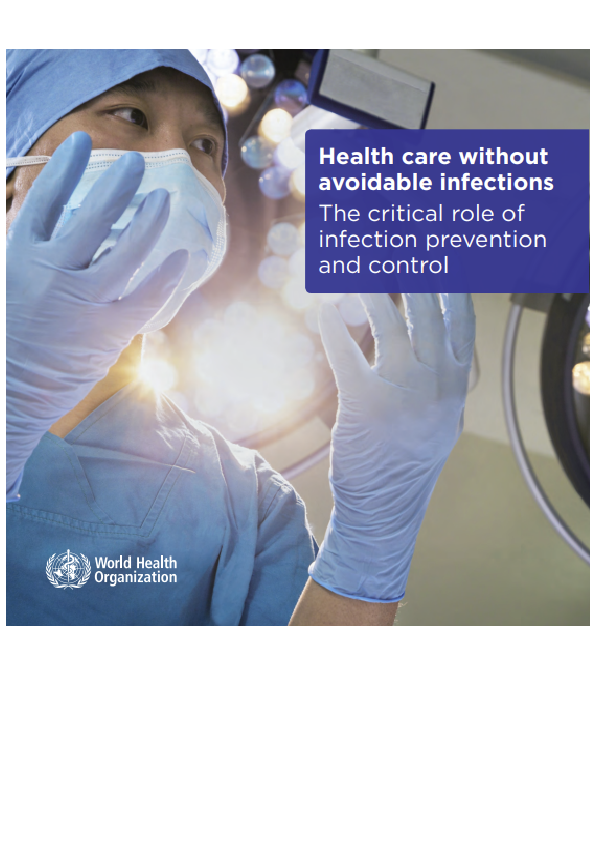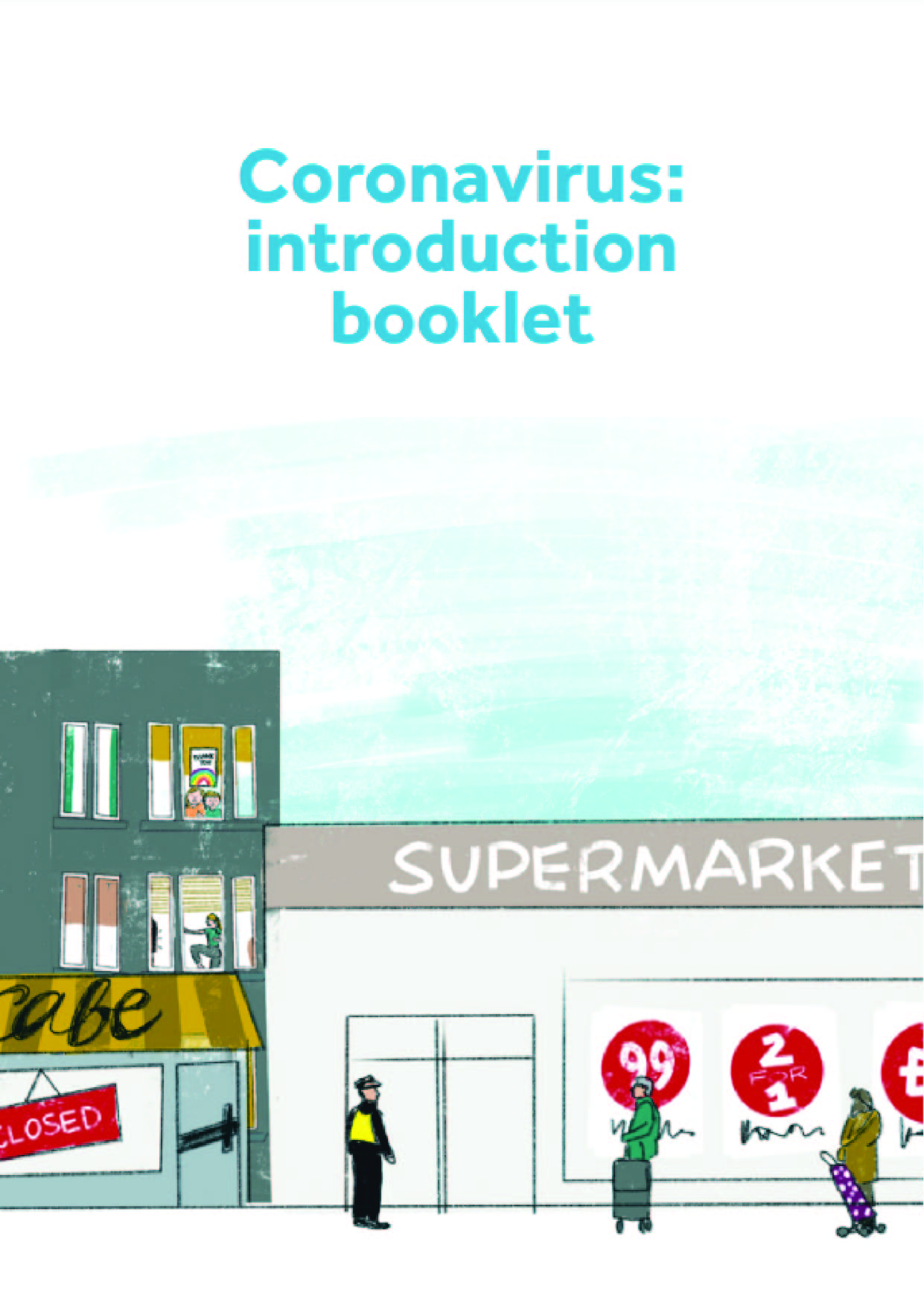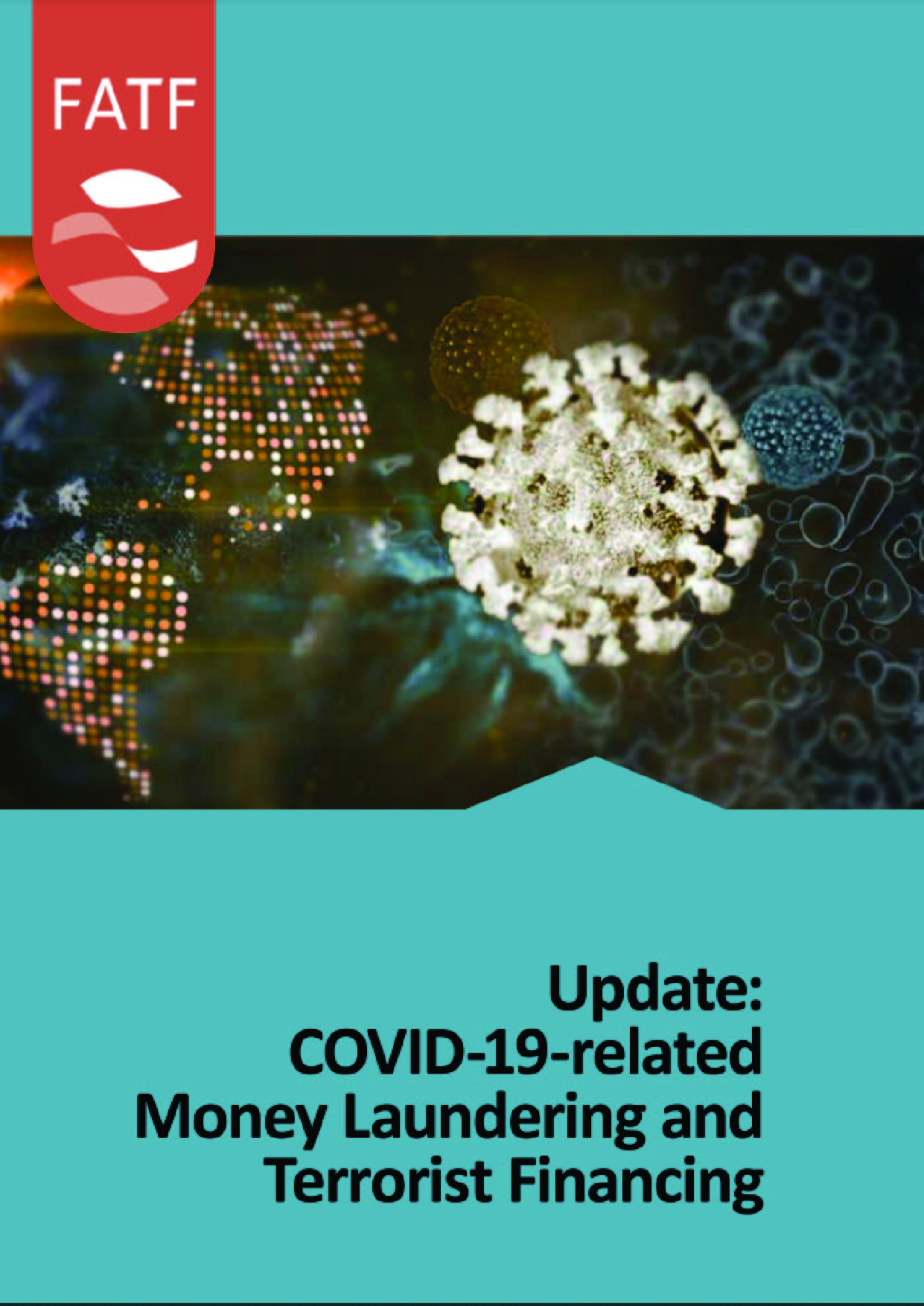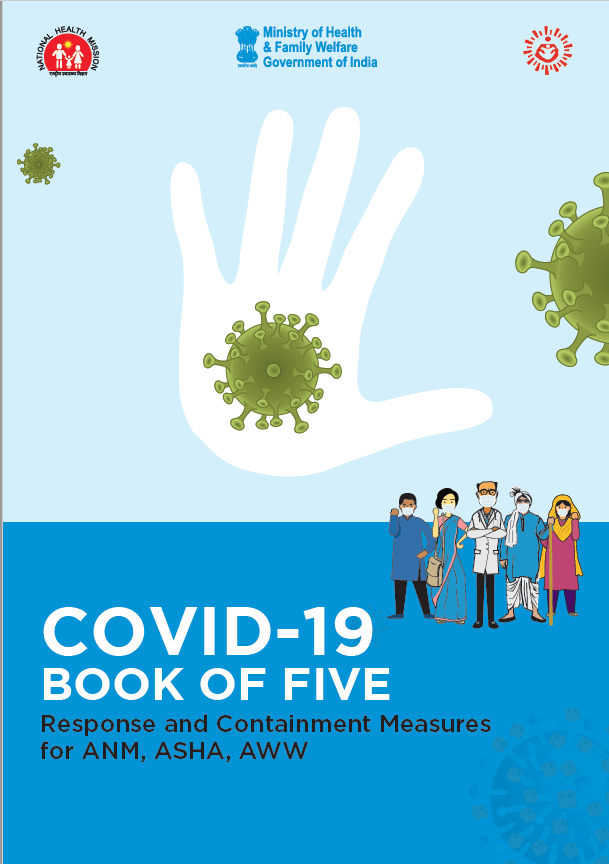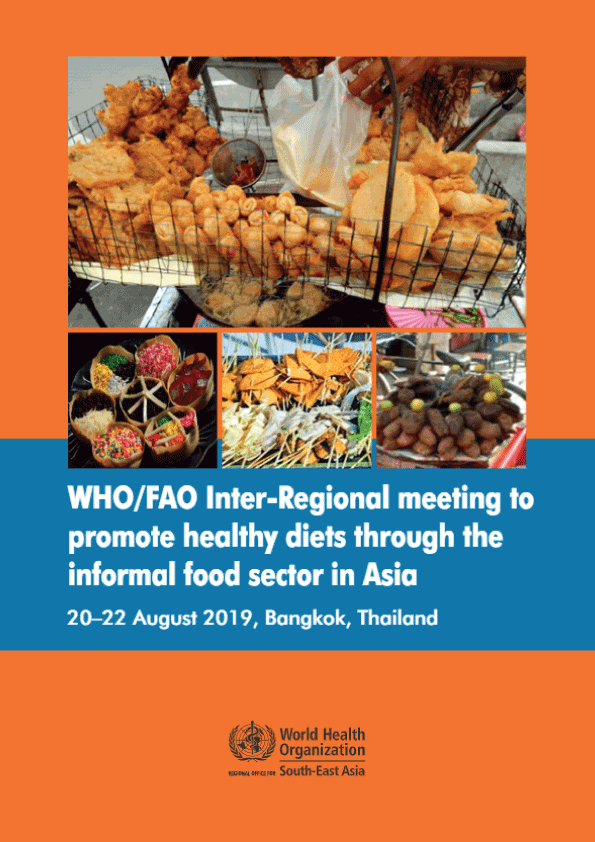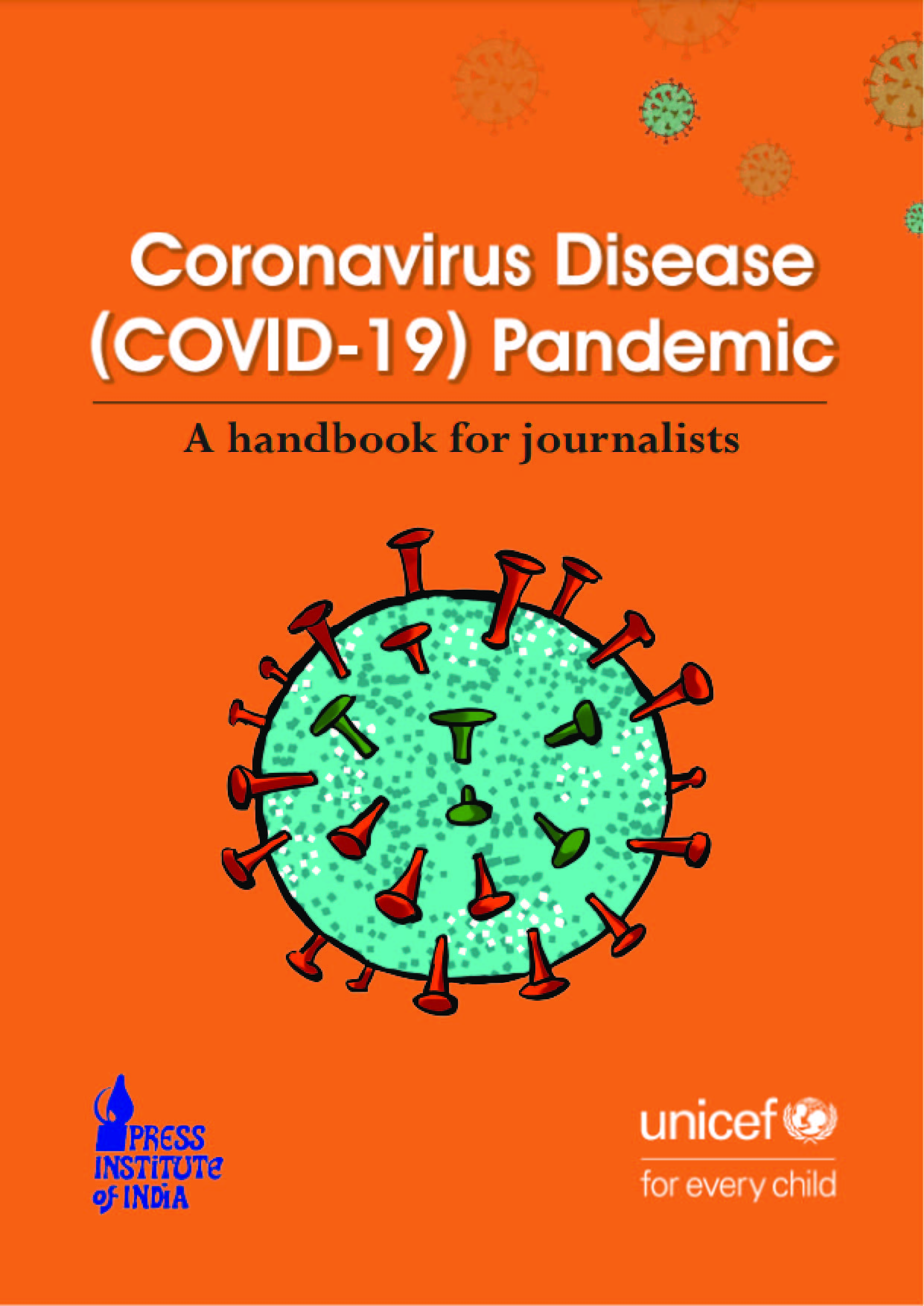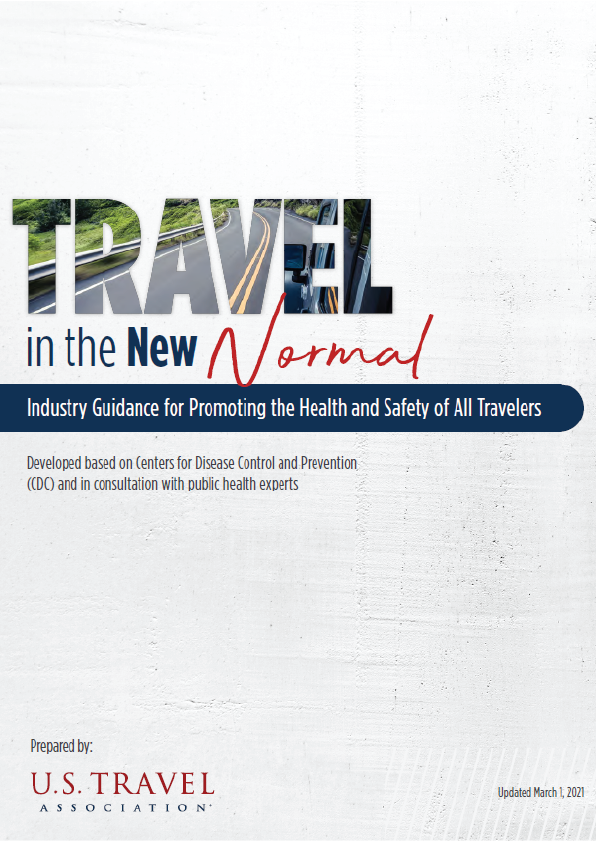No one should get sick seeking care. Yet globally, hundreds of millions of people are affected every year by health care-associated infections (HAIs), many of which are completely avoidable. No country or health system, even the most developed or sophisticated, can claim to be free of HAIs.
Preventing HAIs has never been more important. HAIs significantly impact the ability of health systems to adapt, respond and manage infection risk alongside the ongoing clinical care of patients.
Infection prevention and control (IPC) is a practical, evidencebased approach preventing patients and health workers from being harmed by avoidable infections. Effective IPC requires constant action at all levels of the health system, from policymakers to facility managers, health workers and those who access health services.
What are HAIs?
An HAI is an infection that is acquired by a patient during care delivery in a hospital or other health care facility that was not present or incubating on admission. Visitors, family members and health workers can also be affected by HAIs.
HAIs are mostly caused by microorganisms resistant to one or more commonly-used antibiotics. Common HAIs include urine, chest, blood and wound infections.
Common HAI determinants
In all settings
■ Inappropriate use of invasive devices and antibiotics
■ High-risk diagnostic or therapeutic procedures
■ Immuno-suppression, other severe underlying illnesses and conditions affecting newborns and older people
■ Sub-standard application of IPC precautions
In settings with limited resources
■ Poor water, sanitation, waste management and environmental cleaning
■ Insufficient equipment
■ Understaffing, as well as overcrowding
■ Poor knowledge of all IPC measures including injection and blood transfusion safety
■ Absence of local/national IPC guidelines, policies and programmes
Why preventing HAIs is important
While each year hundreds of millions of patients are affected by HAIs, this problem usually receives public attention only when there is an outbreak or epidemic, as with the recent Ebola virus disease outbreak in West Africa. Although often hidden from public attention, the endemic, ongoing problem is very real and no institution or country can afford to ignore it.
■ HAIs cause unnecessary death
■ HAIs result in a human and economic burden
■ HAIs prolong hospital stays, create longterm disability and increase the burden of antimicrobial resistance (AMR)
■ Without regular HAI surveillance, as part of an IPC programme, recognizing the burden locally and nationally in order to prioritize action is impossible
Why IPC is so important
IPC is unique in the field of patient safety and quality of care, as it is universally relevant to every health worker and patient, at every health care interaction.
Defective IPC causes harm and can kill. Without effective IPC it is impossible to achieve quality health care delivery. At a time of threat from AMR and when most countries are working to ensure access to integrated, people centred health services for all, IPC has a tremendous contribution to make.
If we are to achieve strong health systems we must work together to integrate infection prevention and control at every level of the system. This is an important public health issue.
